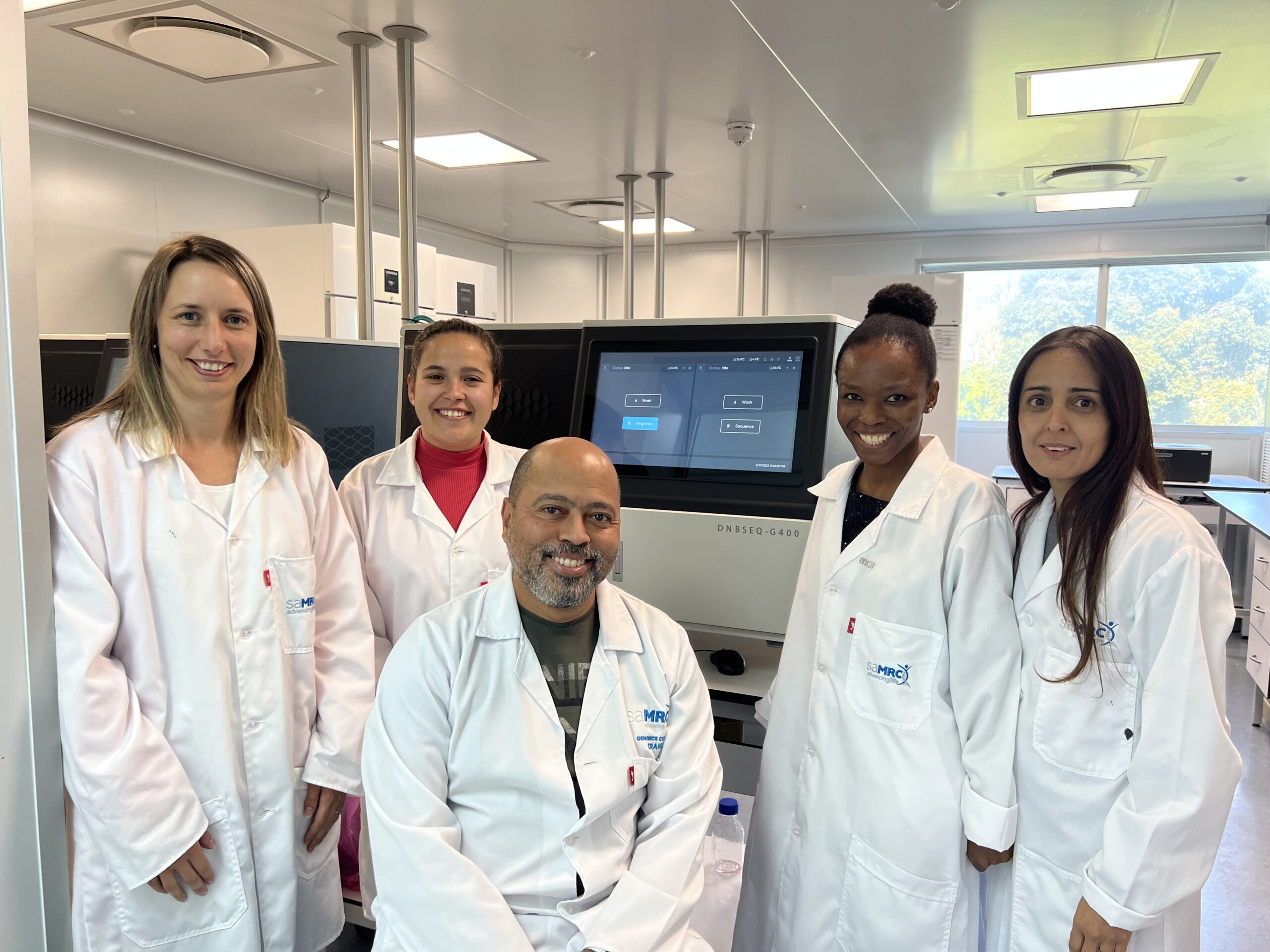Shenzhen-based MGI, a leading player in AI-powered life science technology, has joined forces with the African BioGenome Project (AfricaBP) to embark on an ambitious journey of genomic discovery.
Using MGI’s cutting-edge DNBSEQ-G400 benchtop sequencer and single-tube long fragment read (stLFR) technology, this collaboration seeks to sequence the first plant species in the AfricaBP project. The goal? To leverage genomics data for biodiversity and agricultural sustainability across the African continent. This project, a significant step toward advancing genomic research in Africa, carries the potential to transform agriculture, promote public health, and enhance biodiversity conservation.
Read also: DFC invests $25M in Novastar’s Africa People + Planet Fund
AfricaBP: A Bold Genomic Endeavour
AfricaBP is an affiliated project of the Earth BioGenome Project (EBP) and a partnering project of the 10,000 Plants Genomes Project (10KP). It represents a coordinated effort to build capacity and infrastructure for generating, analyzing, and deploying genomics data in Africa. The project’s mission is to improve and sustainably utilize biodiversity and agriculture across the continent. It boasts a team of 109 African scientists, with 87 based in Africa, along with the support of 22 African organizations. Their collective goal is to sequence the genomes of 105,000 endemic species, spanning plants, animals, fungi, protists, and other eukaryotes.
Key Role in Advancing African Genomics
MGI’s involvement marks a crucial milestone in supporting African researchers and policymakers in producing high-quality reference genomes for various indigenous African species. This endeavor aligns with the urgent need to bolster food system resilience, promote public health, strengthen agriculture, and conserve biodiversity across the continent.
MGI’s stLFR Technology: A Game-Changer
At the heart of this partnership is the company’s innovative single-tube long fragment read (stLFR) technology, launched in 2023. This technology revolutionizes genomic sequencing by offering synthetic or linked long reads using MGI’s proprietary DNBSEQ™ platforms. Its significance lies in its ability to overcome the limitations of short read lengths, enabling applications such as high-quality structural variant calling, haplotype phasing, de novo assembly, and more.
To date, stLFR technology has been the foundation for over 50 high-quality articles published in prestigious journals like Nucleic Acids Research, Nature Ecology & Evolution, and Genome Research, among others.
The Vision of AfricaBP’s Open Institute for Genomics and Bioinformatics
One of the noteworthy achievements of AfricaBP is the establishment of the Open Institute for Genomics and Bioinformatics, featured in Nature Biotechnology. This pioneering genomic and bioinformatics knowledge exchange platform aims to enhance African scientists’ capabilities in biodiversity genomics and bioinformatics. Through openly accessible workshops and collaborations with local African institutions, the Open Institute fosters grassroots knowledge exchange tailored to the needs of African scientists.
MGI’s Active Role in Workshops and Knowledge Exchange
MGI ‘s commitment to advancing African genomics is evident in its active participation in various AfricaBP workshops. From August 21-25, the firm was a prominent sponsor of the AfricaBP Southern Africa Open Institute Workshop for Genomics and Bioinformatics 2023. Additionally, during October 9-10, it will be involved in the North Africa workshop of the AfricaBP Open Institute in Morocco.
MGI and SAMRC: A History of Collaboration
MGI’s partnership with the South African Medical Research Council (SAMRC) dates back to 2019 when the African Genomics Center in Cape Town was established with MGI’s support. During the COVID-19 pandemic, MGI’s technologies, including ATOPlex technology, DNBSEQ-G50, and MGISP-100, played a vital role in screening and managing COVID-19 hotspots and variants in wastewater samples. This collaborative effort led to the groundbreaking discovery of the Omicron variant in Cape Town’s wastewater system.
The Broader Impact: Advancing Genomic Research in Africa
The collaboration between MGI and AfricaBP represents a significant stride in advancing genomic research and biodiversity conservation across Africa. With access to Shenzhen company’s state-of-the-art sequencing technologies, Africa is poised to make remarkable progress in genomics and bioinformatics, furthering its contributions to food security, public health, and biodiversity preservation.
